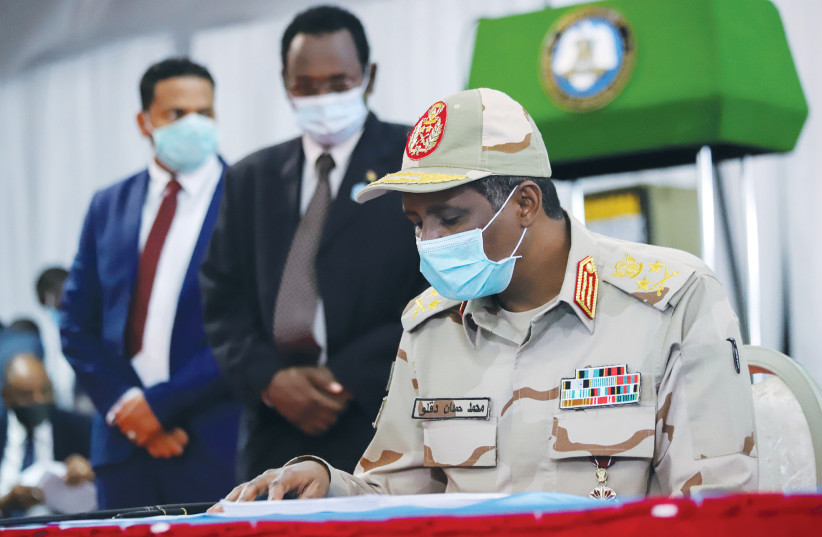US special operations forces conducted a successful evacuation of the American Embassy in Khartoum, Sudan on Sunday. The US troops, with the help of Ethiopia and other countries, airlifted all remaining embassy staff to an undisclosed location in Ethiopia after sweeping in and out of the city in under an hour.
The operation was carried out amid ongoing clashes between rival Sudanese commanders that have left over 420 people dead and 3,700 injured in the past nine days. Although there were no reported casualties during the embassy evacuation, thousands of US citizens still remain in the country.
Biden praised the evacuation
President Joe Biden praised the operation, expressing gratitude to the embassy staff and military personnel involved, and promising to continue efforts to help American citizens in Sudan. He also condemned the ongoing violence in the country, calling it “unconscionable.”
Approximately 100 US troops were involved in the evacuation using three MH-47 helicopters. The troops were in contact with both warring factions before and during the operation to ensure their safe passage. Ethiopia provided overflight and refueling support, while Djibouti and Saudi Arabia also assisted with the evacuation.
Although there were claims by one faction, Sudan's paramilitary Rapid Support Forces (RSF), that it assisted in the evacuation, a US undersecretary of state denied this, stating that they “cooperated to the extent that they did not fire on our service members in the course of the operation.”

The recent violence has mostly been centered on Khartoum but clashes have also broken out in other major cities and much of the country is without electricity.
The cause of the fighting is a conflict between General Abdel Fattah al-Burhan, who leads the Sudanese Armed Forces, and RSF commander General Mohammed Hamdan Dagalo.
Dagalo and al-Burhan were once allies who worked together to overthrow President Omar al-Bashir in a 2019 coup. Prior to the coup, al-Bashir had ruled Sudan as a dictator for 30 years.
Many Sudanese citizens fear that the power struggle is endangering the country’s ability to achieve a genuine democracy, which has been a goal since the 2019 coup.
In 2019, Sudan began a two-year transitional period toward democracy, which was interrupted by another coup by al-Burhan and Dagalo in October 2021, after which al-Burhan was sworn in as interim leader.
Al-Burhan was meant to work with the military-civilian council to steer the country toward democracy, but instead, he dissolved the council, making himself the de facto ruler of the country.
More than 60 people were killed in demonstrations against the October 2021 coup, and more than 140 were injured.
The dispute between al-Burhan and Dagalo erupted last week over the timeline of integrating the RSF into the army. Al-Burhan demanded that the transition take place over two years, while Dagalo insisted that it take place over 10 years.
While dealing with the current conflict, Sudan is still healing from the trauma of the Darfur genocide. During the genocide, which lasted from 2003 to 2020, between 100,000 and 400,000 people were killed. Hundreds of thousands, including children, faced rape and torture. Millions more were displaced after the government used chemical weapons against its own people.
The genocide was directed at the Fur, Masalit, and Zaghawa peoples, who claim Arab descent. About 70% of Sudan’s population of 46 million are Arabs, while 30% are Black Africans.
